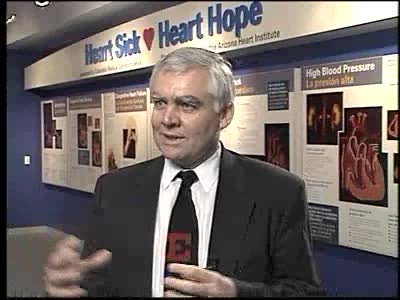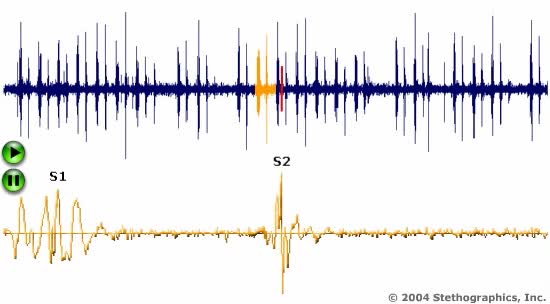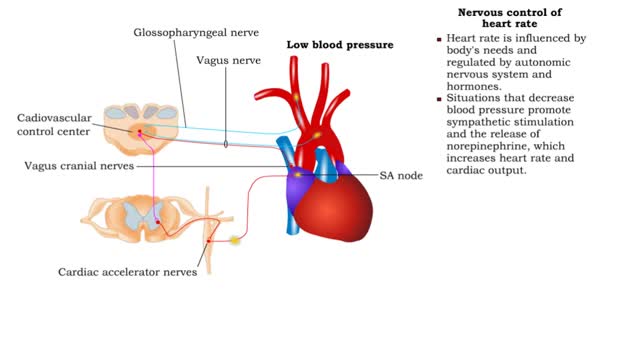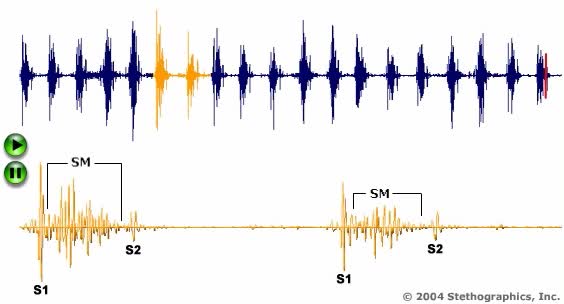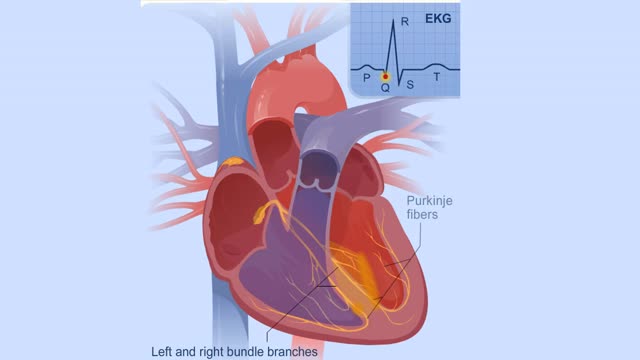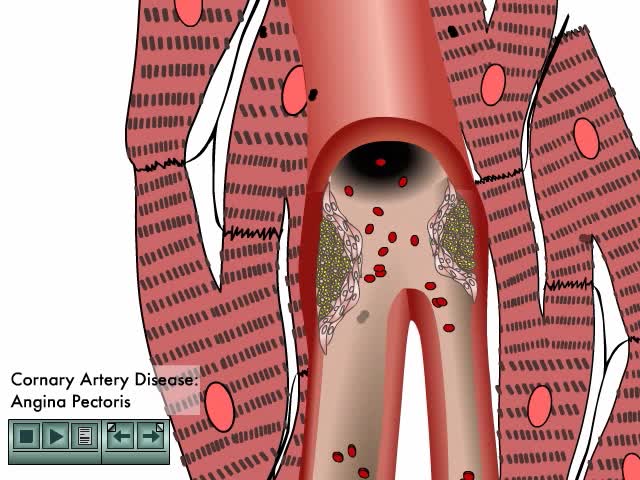Search Results
Results for: 'heart complication'
By: Administrator, Views: 9653
Cardiac dysrhythmias are a problem with the rate or rhythm of your heartbeat caused by changes in your heart’s normal sequence of electrical impulses. Your heart may beat too quickly, called tachycardia; too slowly, bradycardia; or with an irregular pattern. Dysrhythmias can range from complete...
By: Administrator, Views: 9856
A heart attack occurs when an artery supplying your heart with blood and oxygen becomes blocked. Fatty deposits build up over time, forming plaques in your heart's arteries. If a plaque ruptures, a blood clot can form and block your arteries, causing a heart attack.
By: Administrator, Views: 9816
Coronary heart disease accounted for 23.5 percent of all deaths in the U.S. in 2008. According to the Centers for Disease Control and Prevention (CDC), about 735,000 Americans have a heart attack each year. Warning signs and symptoms include chest pain or discomfort and shortness of breath. Ex...
By: Administrator, Views: 9510
Everything you need to know about your heart
By: Administrator, Views: 722
An electrocardiogram (ECG, EKG) is a commonly used procedure in which the electrical events associated with the beating of the heart are evaluated. (A) Skin electrodes are applied to the chest wall, which send electrical signals to a computer that interprets the signals into graph form. An ele...
By: HWC, Views: 6759
• Heart rate is determined by the rate of depolarizations of the sinoatrial (SA) node. • Cardiac output is directly proportional to heart rate, the greater the heart rate the greater the cardiac output. • Changes in heart rate are associated with exercise, stress or injury. Nervous ...
By: Administrator, Views: 359
An electrocardiogram (ECG, EKG) is a commonly used procedure in which the electrical events associated with the beating of the heart are evaluated. (A) Skin electrodes are applied to the chest wall, which send electrical signals to a computer that interprets the signals into graph form.
Electrical Conduction System of the Heart
By: HWC, Views: 5658
Your heart is a muscle that works continuously, much like a pump. Each beat of your heart is set in motion by an electrical signal from within your heart muscle. The electrical activity is recorded by an electrocardiogram. known as an EKG or ECG. Each beat of your heart begins with an electric...
Coronary Heart Disease Animation
By: Administrator, Views: 9907
Arteriosclerotic heart disease occurs when arterial vessels are marked by thickening, hardening, and loss of elasticity in arterial walls. Course of cardiovascular disease accelerates due to: Reduced blood flow Rlevated blood lipids Defective endothelial repair
Advertisement





